Football Olympics @ Wigton Moor
Some of our Year 5 class had a great time playing in the Olympic Football Festival today.
Things didn’t always go our way but everyone remained positive, focused and resilient.
It was great to see high levels of sportsmanship and respect from our children throughout the day – well done!
The highlight came in our last match as we swept aside the opposition 4-0 and the sun broke through the clouds!
Here’s some action shots:
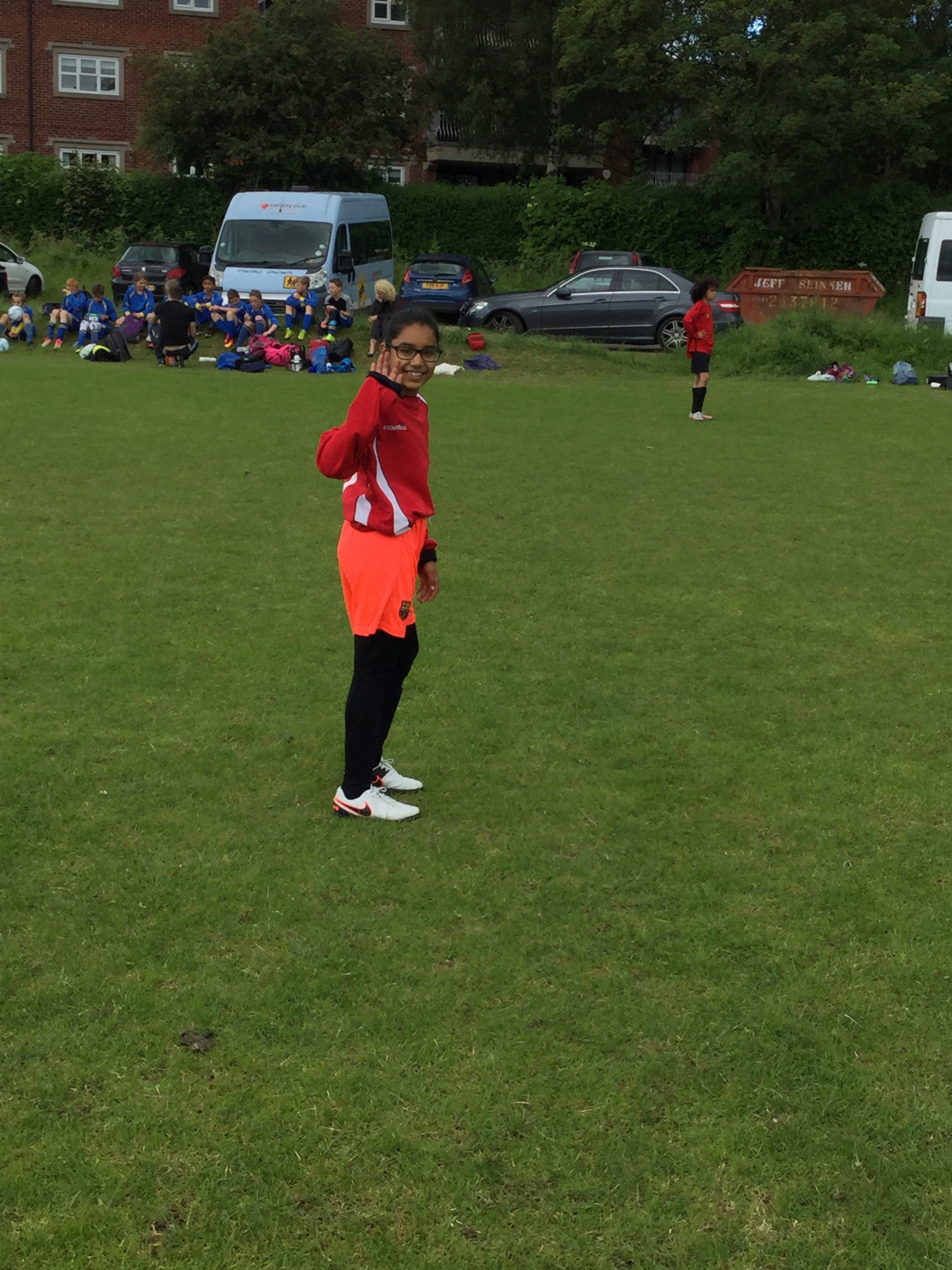
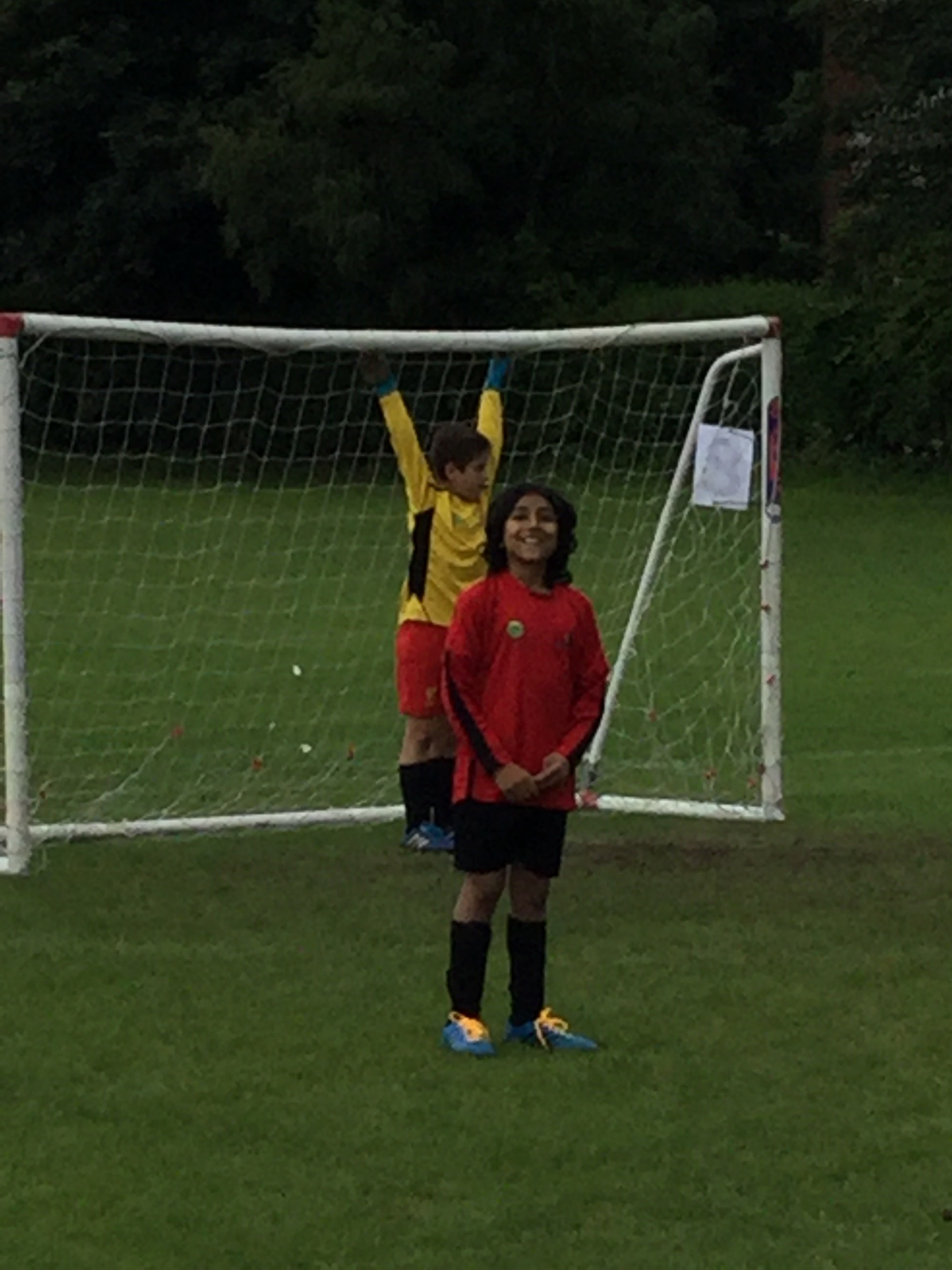
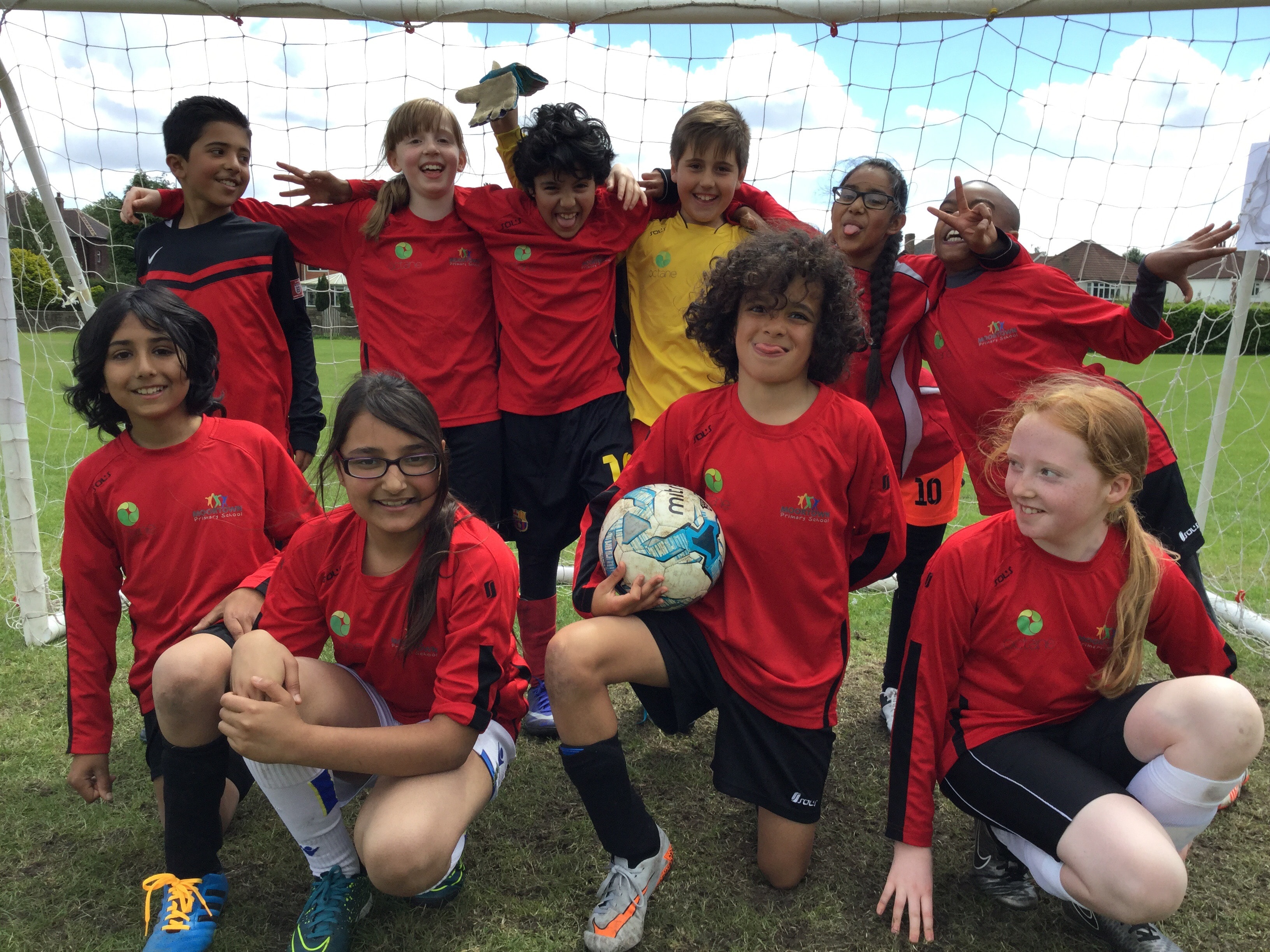
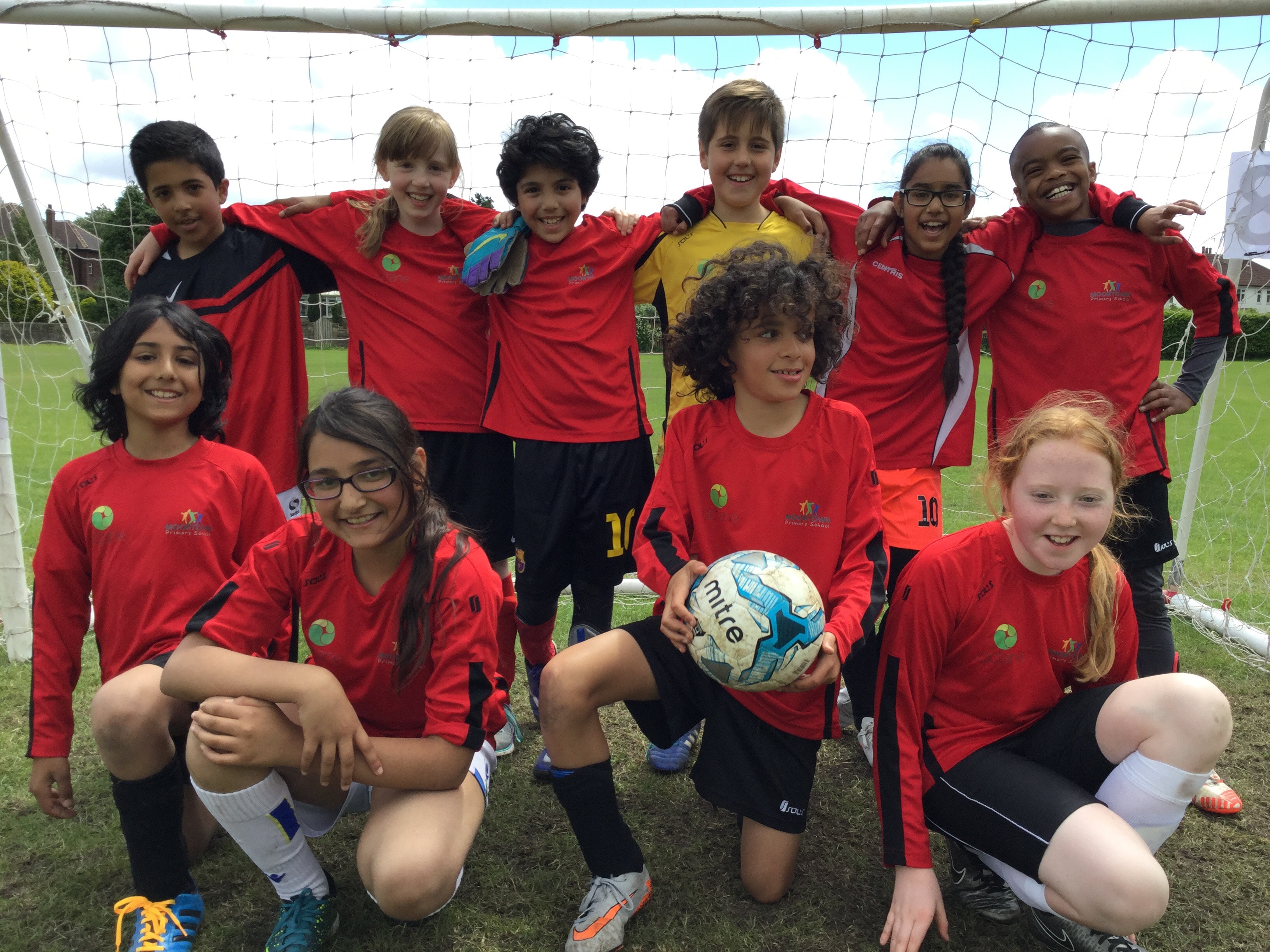
Miss Hale, team manager for the day, summed up our efforts: “We fought valiantly throughout and spirits remained high. Despite some tough opposition, we still managed to win our final game. The sun even came out, too!”
24 June 2016
| Word Families
This week’s spellings activity is to explore some common word families. Words we use every day but might not stop to think about. Spellings will be tested on Friday 01 July. Children will not be given a list to learn but should explore the following word families: |
| graph (e.g. telegraph) |
| phone (e.g. homophone) |
| auto (e.g. automobile) |
| micro (e.g. microphone) |
| tele (e.g. television) |
24 June 2016
This week’s Talk Time homework is due on Wednesday 29 June.
How do people I know use maths every day?
We learn lots of maths at school and always try to relate it to real life. Children should speak to adults they know and find out how they use maths every day. Children might find out how an adult uses maths as part of their job or how they apply their maths knowledge around the house.
We will be discussing this next week so don’t forget to make a few notes to help inform your views.
24 June 2016
The homework this week is talk time and is due in on Wednesday 29 June.
I can cope with an unexpected change.
The SEAL theme this half-term is Changes and as part of this we’re learning about unexpected changes.
Talk to your children about how changes can be both positive and negative but also that a change which appears negative could be positive – or at least have some positives. Children will need to be ready to deal with sudden or unexpected changes so also talk about strategies they can use to help cope with a change.
24 June 2016
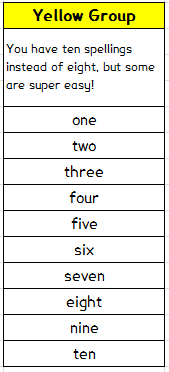


School Library
We’re always trying to promote a love of reading in school – especially in Year 6!
Today, we all went to the library to change our books. We scoured the shelves (which look great), chose a new book, sat down, chilled out and, most importantly, read!
We now all have a library book to be enjoying at home – including me!
- Encouraging your child to read their library book (and other books) at home
- Discussing your child’s book with them
- Talking about reading in general
- Reading with them and ask questions.
Do plants need sun?
Earlier in the term, we talked about what things plants needed to survive.
This video shows how much the plants need the energy from sunlight to keep them alive.
24 June 2016
This week’s spellings all follow the double up for a short vowel sound rule and are from the Year 3/4 spelling curriculum.
accidentally
actually
business
disappear
different
difficult
occasionally
thousand
opposite
possession
Some of these spellings may seem familiar but it is essential that we keep revisiting the double up for a short vowel sound rule. Within this list, there are examples where the double up rule isn’t always followed. Can you child spot these? There is also a red herring within this list. Can you spot it?
double up for a short vowel sound
In English spelling, we come across two types of vowel sounds – short vowel sounds like ‘a’ in apple and ‘e’ in berry and long vowel sounds like ‘a’ in change. Usually (but not always), the consonants after a short vowel sound are doubled. For example, opposite has a short ‘o’ at the start and is followed by a pair of ‘p’s.
24 June 2016
This week’s homework is Talk Time and is due 29 June 2016.
I can change my behaviour for the better.
This week in class, we have been discussing how we can make positive behaviour choices and the effect it has on ourselves and the people around us. You may wish to use the following questions to prompt a discussion with your child.
How can you change your behaviour?
Why should you change your behaviour?
What is the difference between a good and a bad behaviour choices?
Are you happy with your behaviour?
What is behaviour?
Remember
- Don’t talk on behalf of your child – they need to be ready to respond, even if it’s a quiet murmur to begin with.
- Encourage them to expand on what they say – can they explain, give examples and add some extra information so their conversation is interesting, convincing or lively?
- Be a good role-model – show your child you’re listening by asking questions, adding your comments and reflecting on what they’ve said.
Many benefits
We are aware that physical activity supports health and emotional well-being. It can also impact on achievement.
Research shows different activities have quite specific mental effects. Find out how moving your body could sharpen your children’s ideas.

